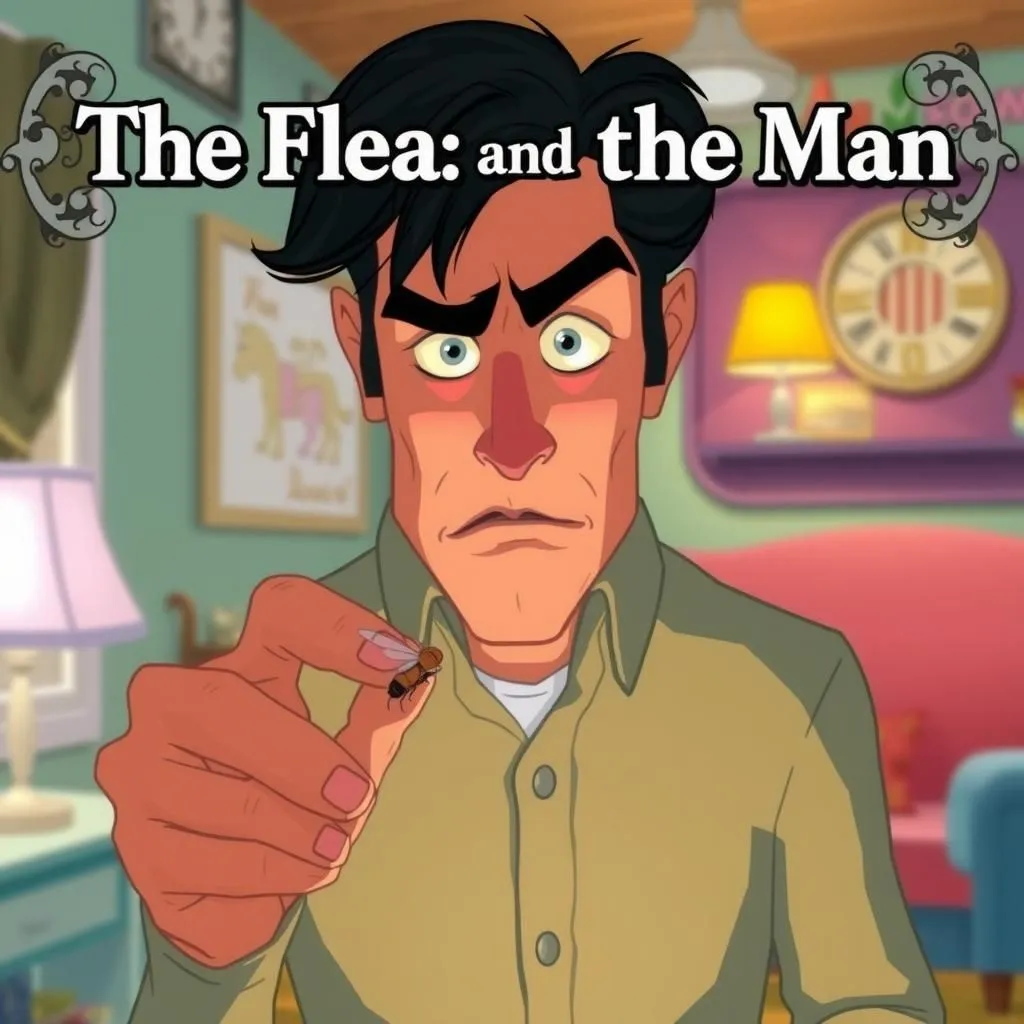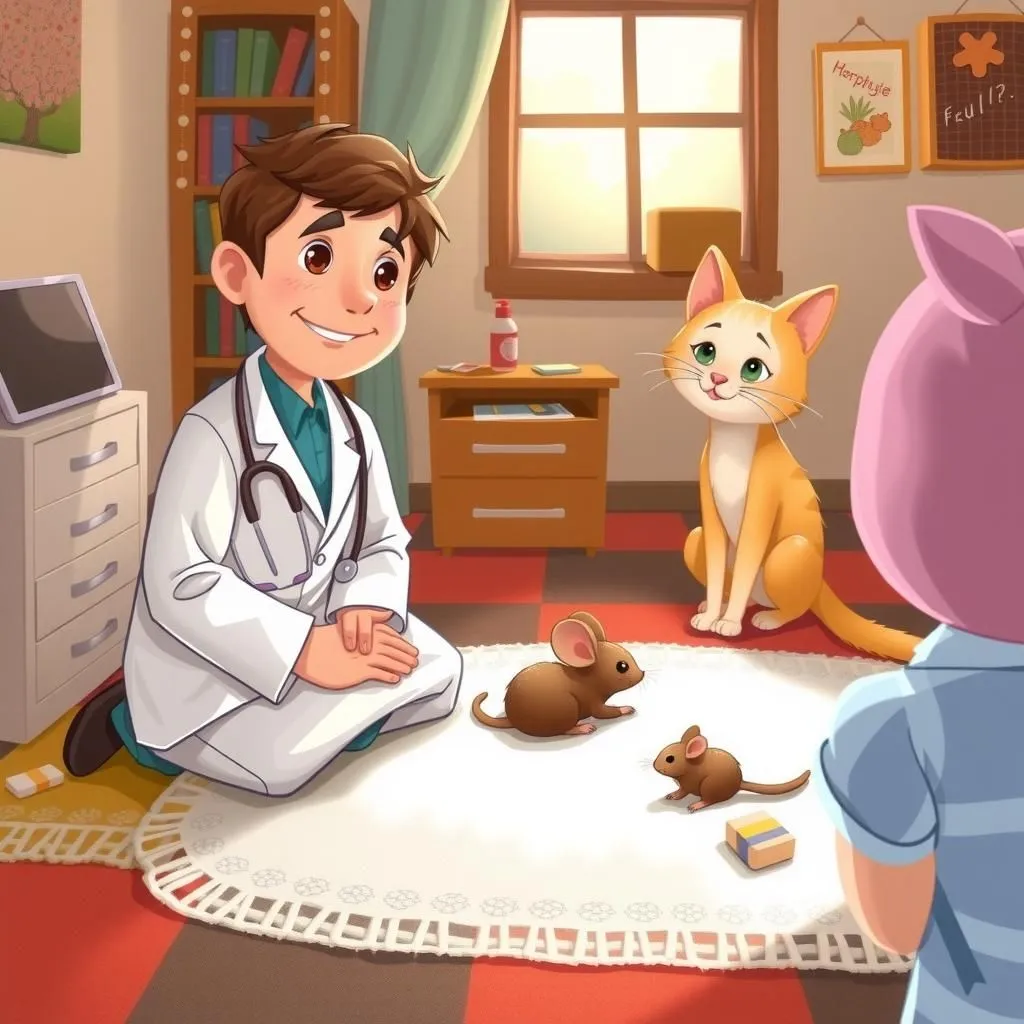
The Man and His Wife
In this simple short story with a moral, a man discovers that his wife is disliked by everyone in his household. To gauge her reception elsewhere, he sends her to visit her father's home, only to learn upon her return that even the herdsmen and shepherds treated her with aversion. This leads him to conclude that if she is despised by those who see her briefly, her reception among family, with whom she spent more time, must have been even worse, illustrating the value-based lesson that small signs can indicate larger truths.


